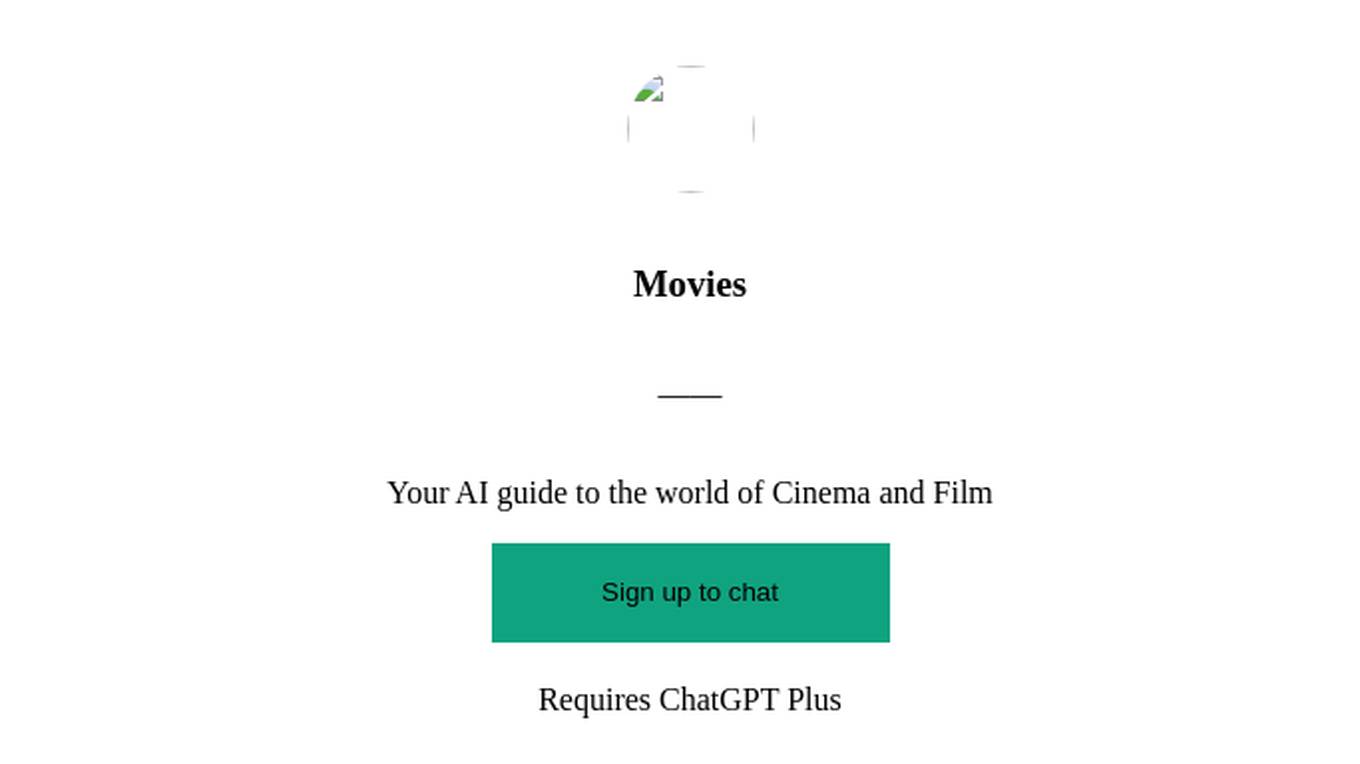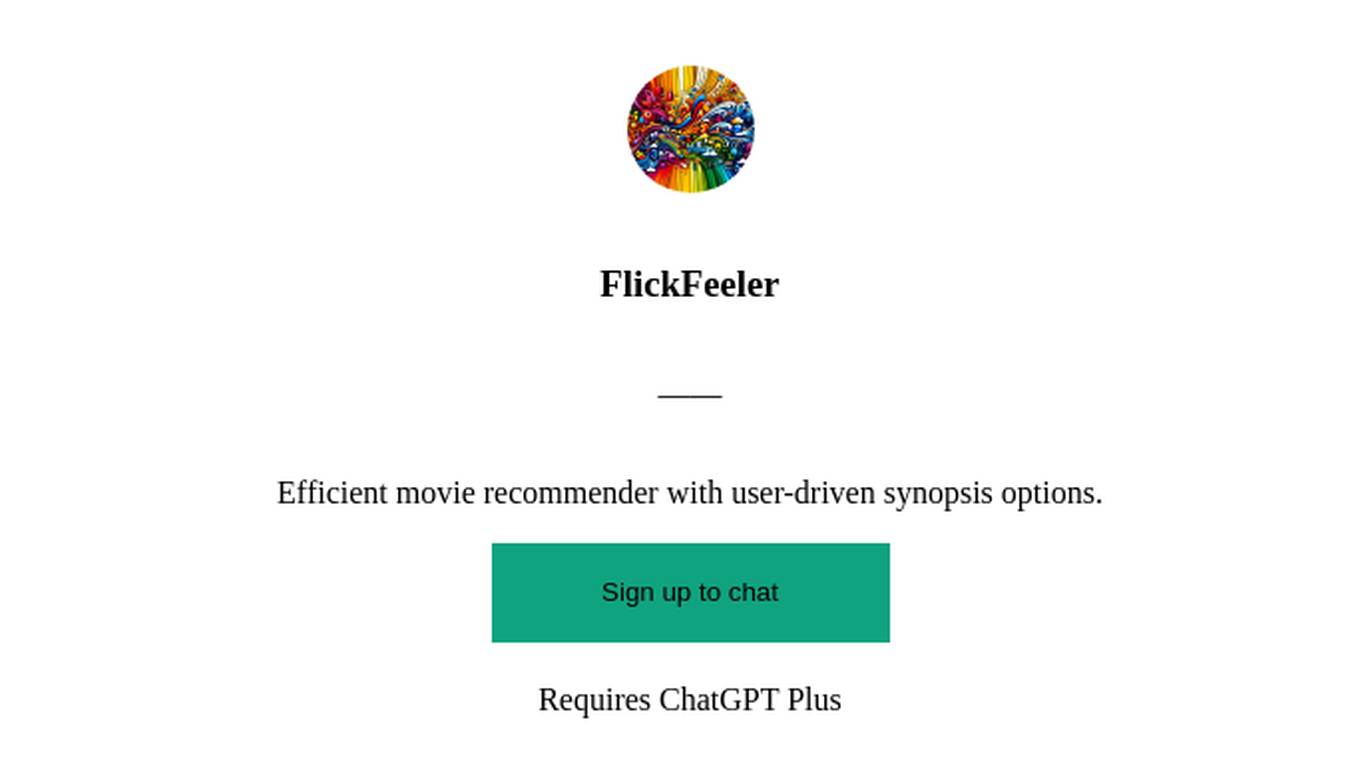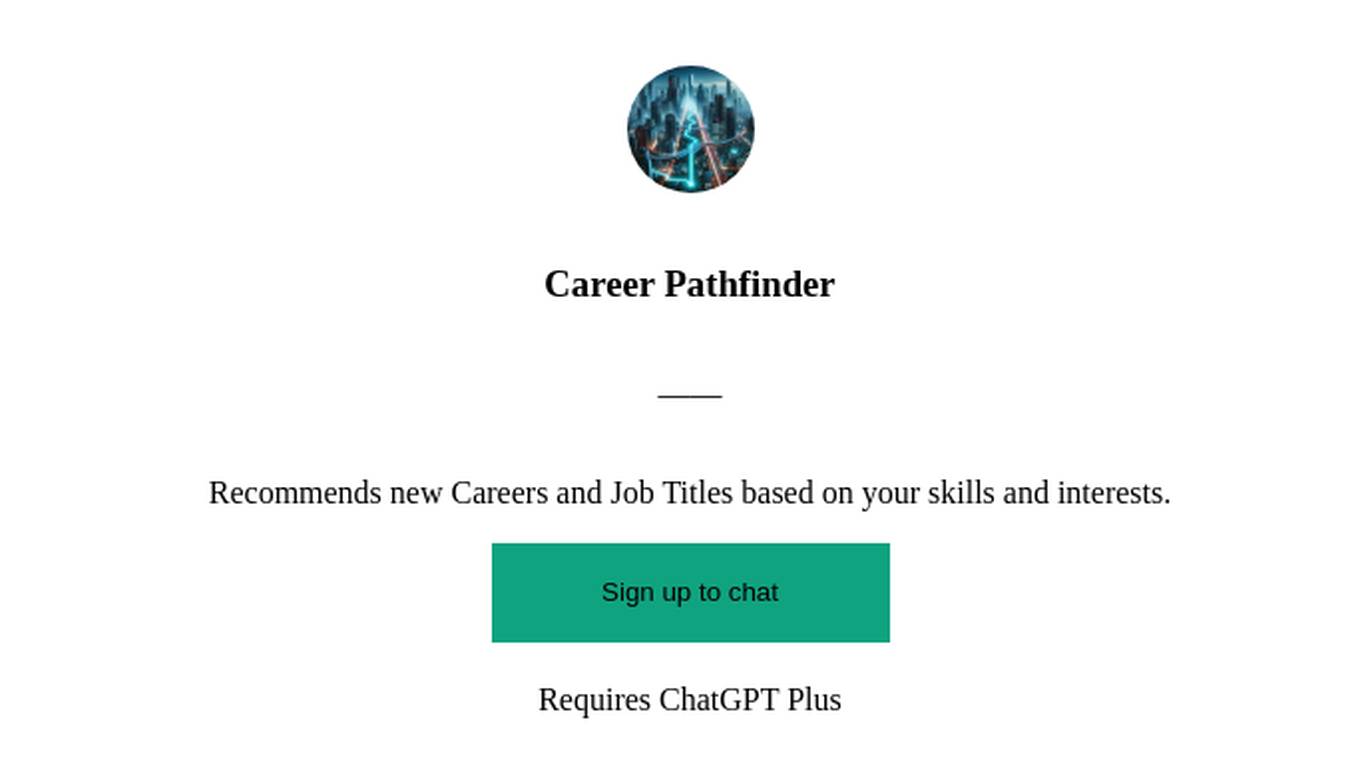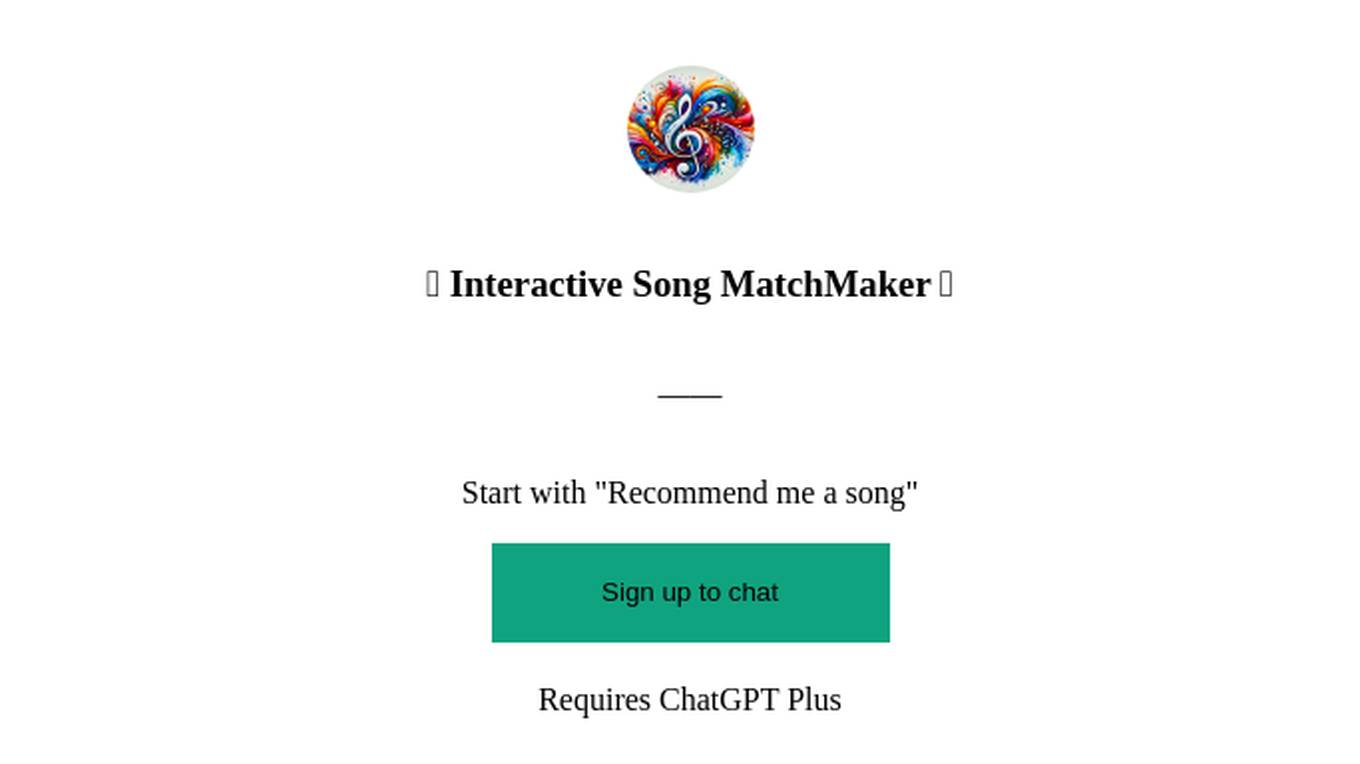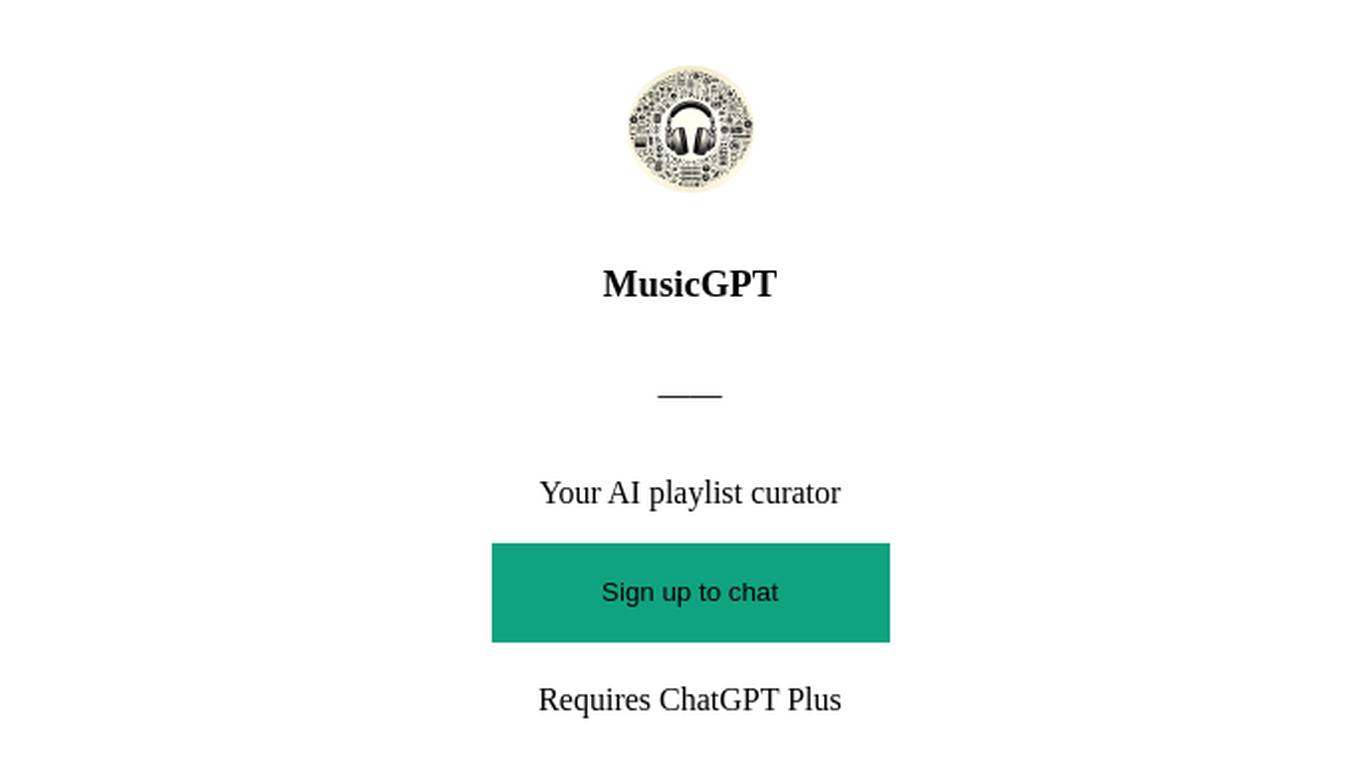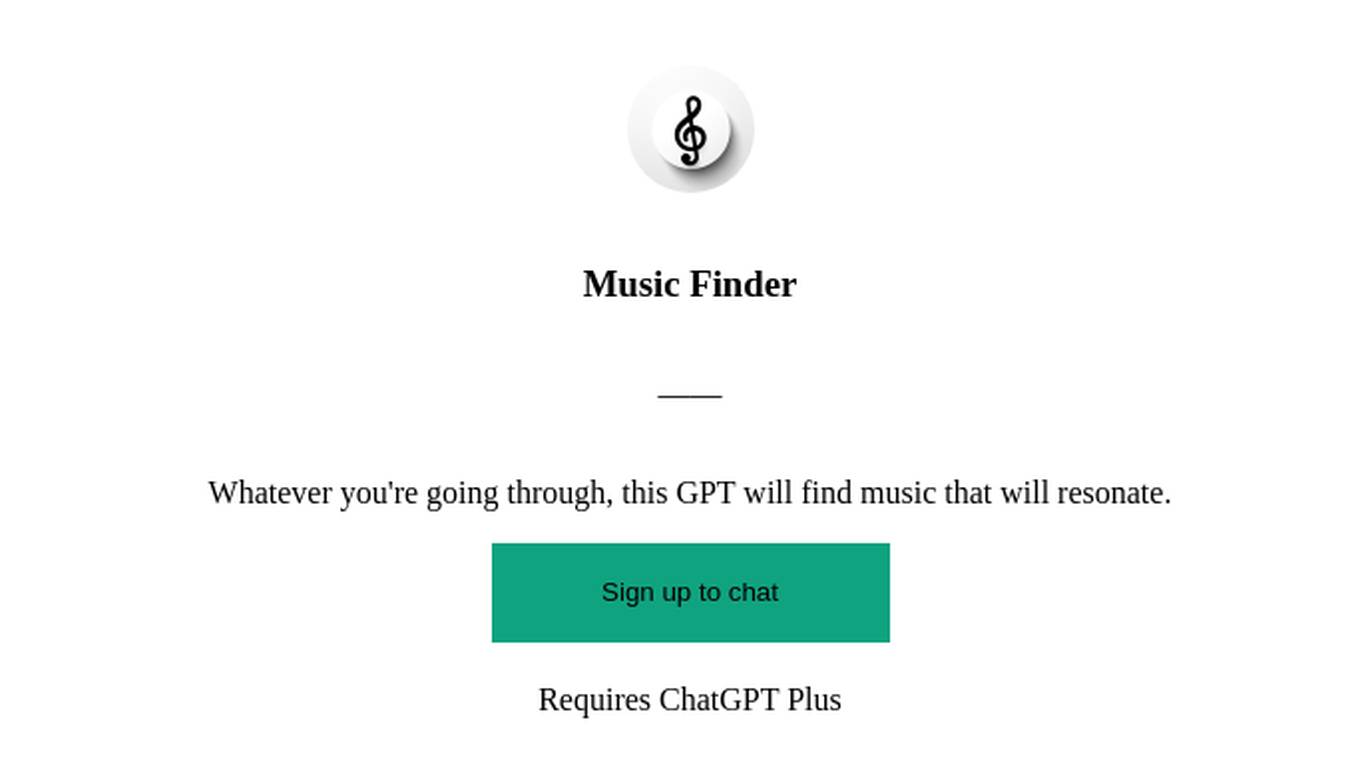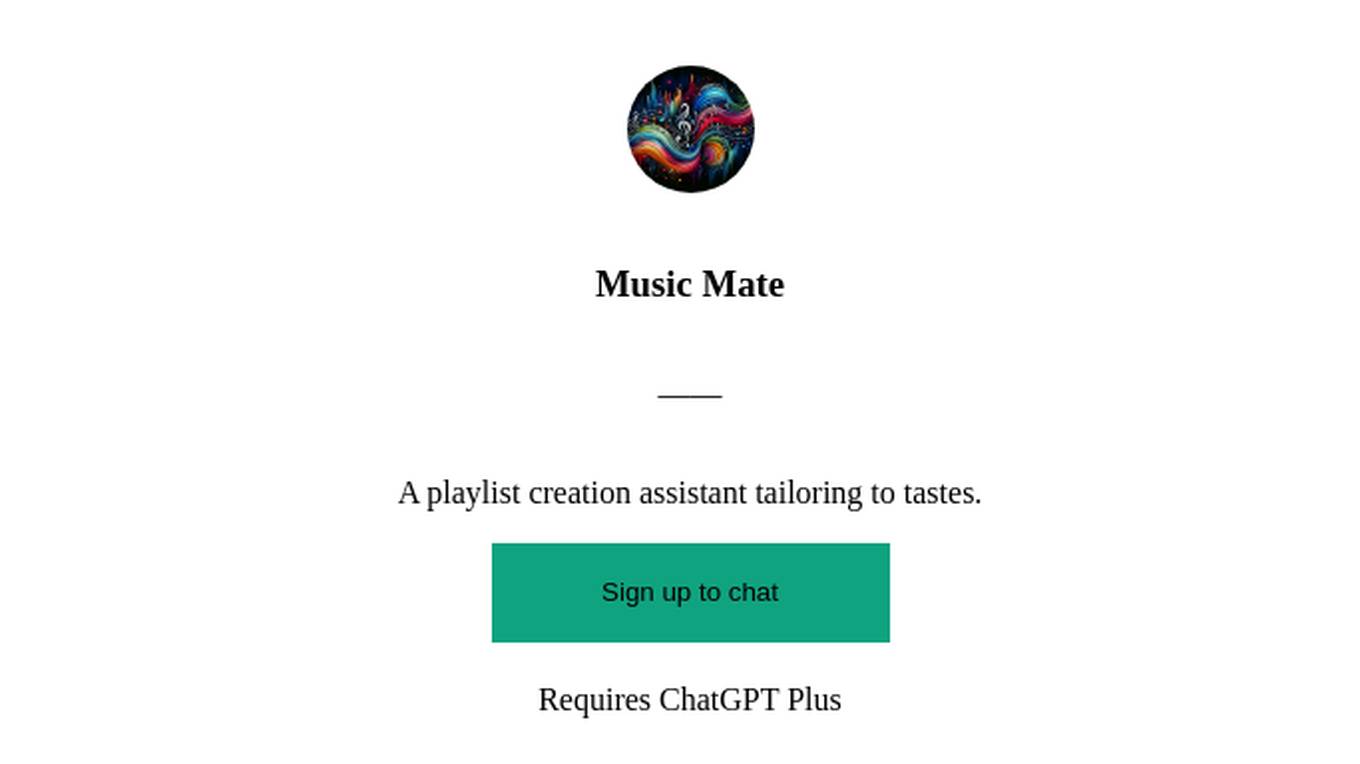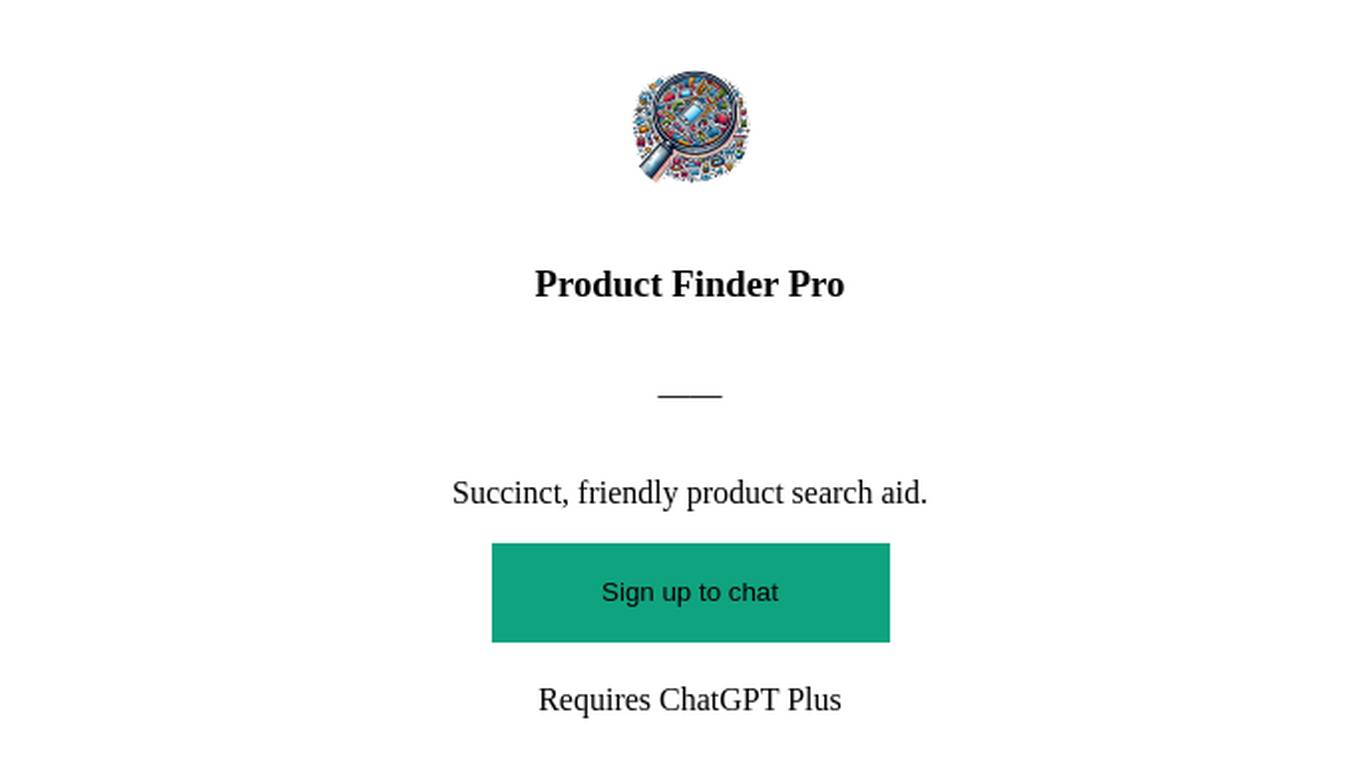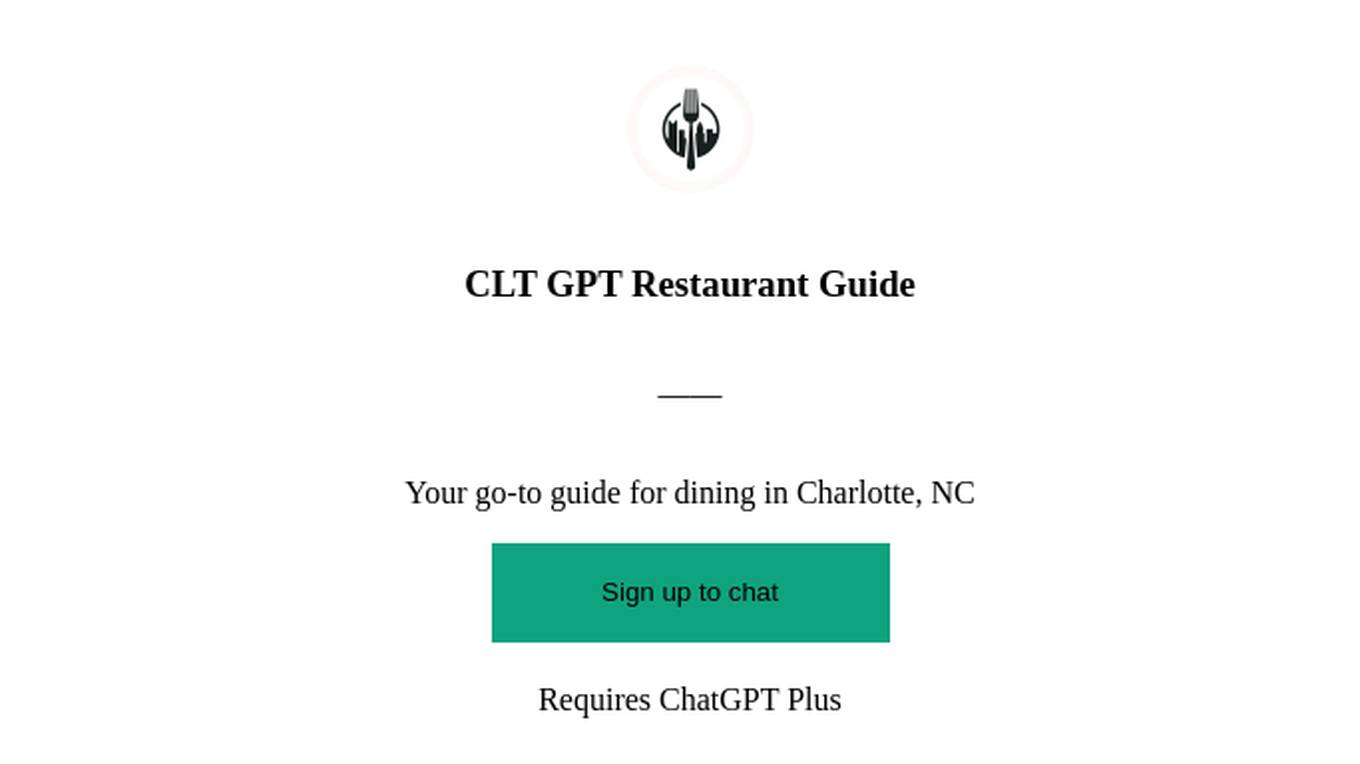Best AI tools for< Recommend New Releases >
20 - AI tool Sites

One-Stop Natural Language Hotel Recommender
The One-Stop Natural Language Hotel Recommender is an AI-powered tool that simplifies the process of finding the perfect hotel for your needs. By utilizing natural language processing technology, the tool can understand your preferences and requirements, and provide you with personalized hotel recommendations. It considers factors such as proximity to popular places, top-rated establishments, summarized reviews, and staying within your budget. With this tool, you can easily find the ideal accommodation for your next trip without the hassle of extensive research.
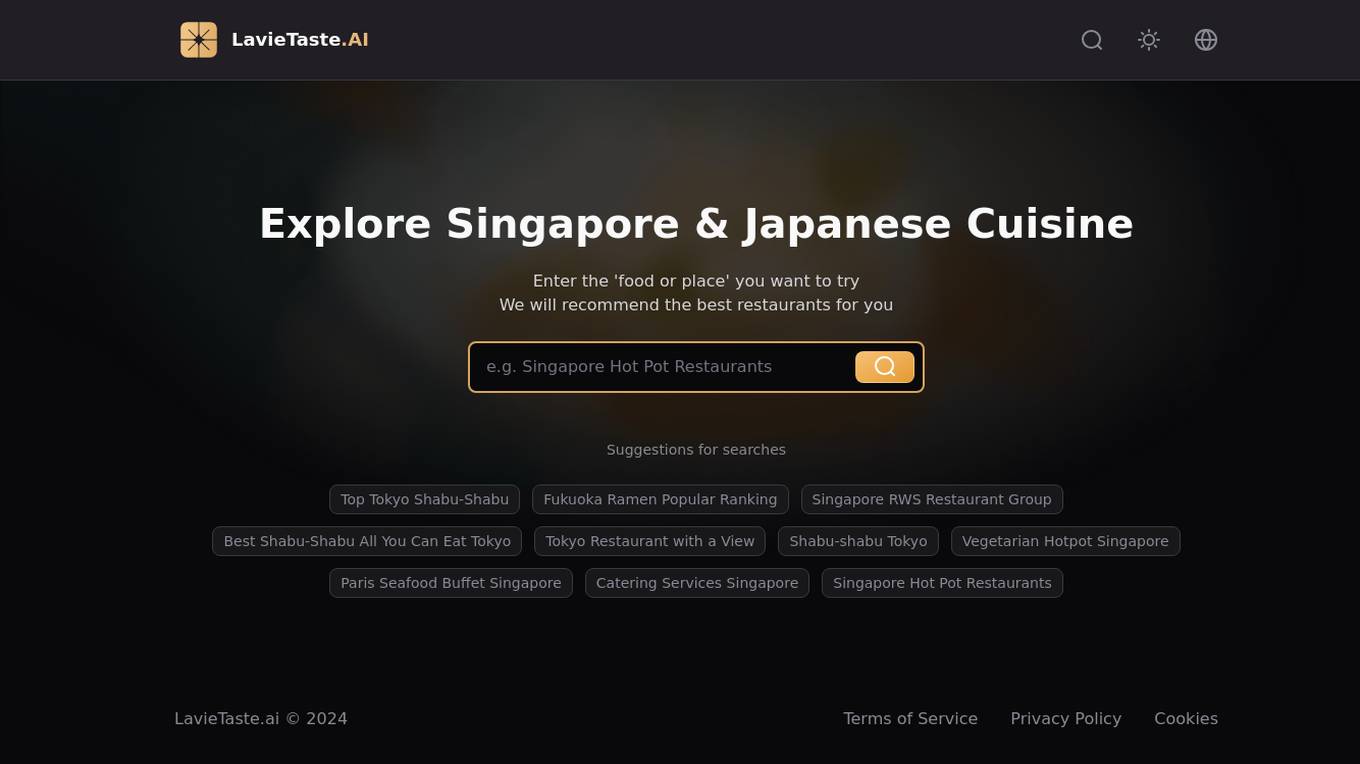
LavieTaste.AI
LavieTaste.AI is an AI-powered application that helps users explore and discover the best restaurants offering Singaporean and Japanese cuisine. By simply entering the desired food or place, the tool provides personalized recommendations for top dining experiences. Users can find a variety of options ranging from retro cafes to popular buffets and top steak houses. LavieTaste.AI aims to enhance the culinary journey of users by offering tailored suggestions based on their preferences and location.
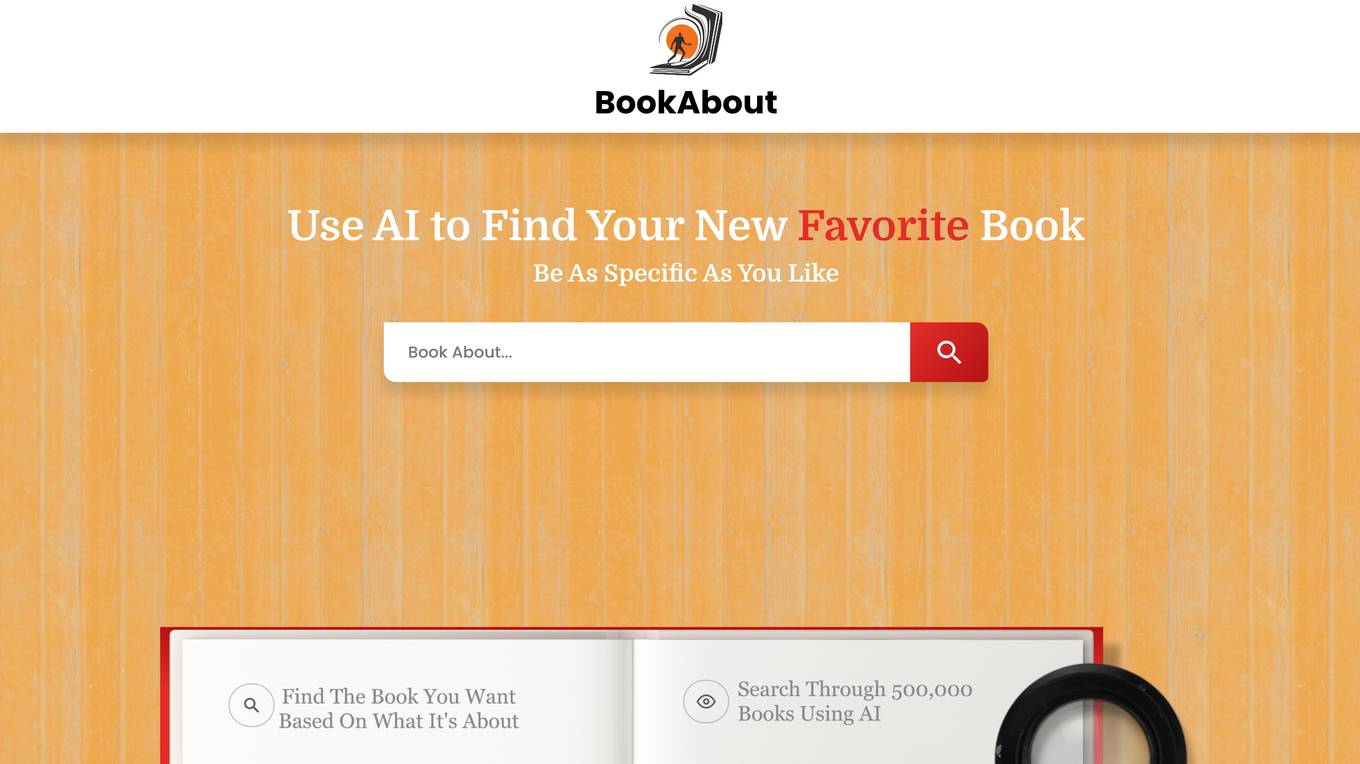
BookAbout
BookAbout is an AI-powered application that helps users discover their next favorite book. By leveraging artificial intelligence technology, BookAbout provides personalized book recommendations based on users' preferences and reading history. Users can be as specific as they like in their search for a new book, ensuring that they find the perfect read every time. As an Amazon Associate, BookAbout may earn a commission from qualifying purchases made through Amazon store links.

WGMI Media
WGMI Media is a curated platform focusing on AI, tech, and business content. It offers insights on new business ideas, AI tools, growth hacks, and more through newsletters and articles. The platform aims to provide valuable information to entrepreneurs and visionaries, helping them stay updated on the latest trends and opportunities in the digital landscape.
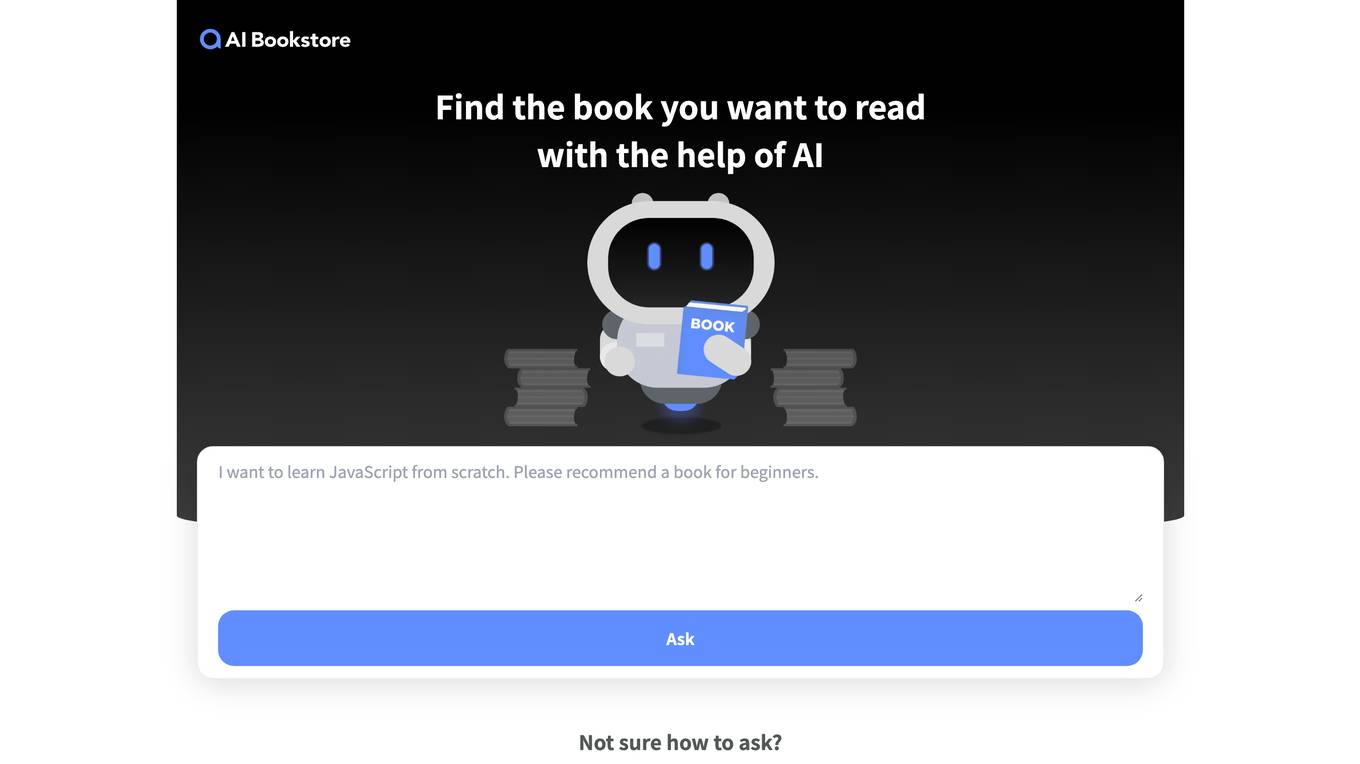
AI Bookstore
AI Bookstore is a website that uses AI to help users find books that they want to read. Users can ask the AI questions about what they are looking for, and the AI will recommend books that match their criteria. The AI can also generate personalized recommendations based on a user's reading history.
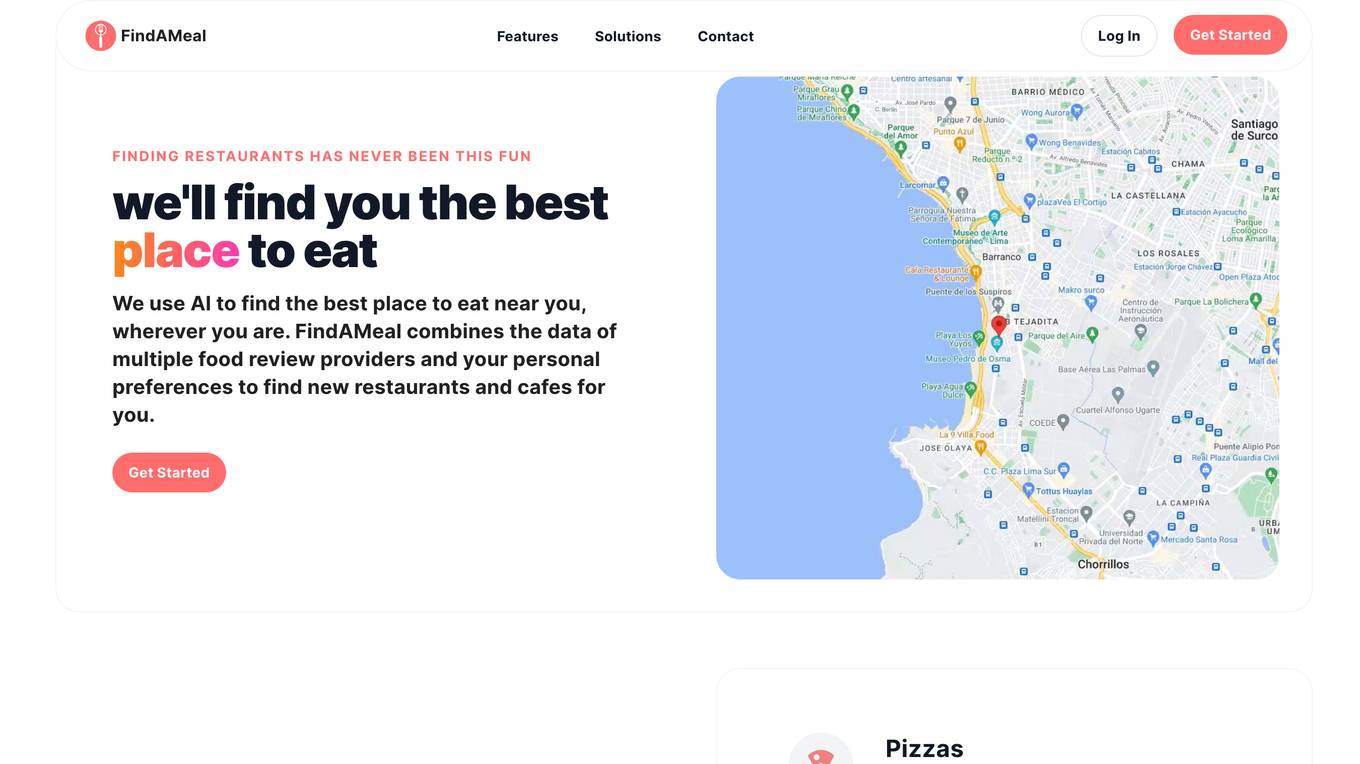
FindAMeal
FindAMeal is an AI-powered search engine that helps users discover nearby restaurants based on their personal preferences. By combining data from various food review providers and utilizing AI technology, FindAMeal simplifies the process of finding the perfect dining spot. Users can make any type of query, from finding a date spot to selecting a fancy restaurant for special occasions. The platform aggregates information from sources like Google, Yelp, and Foursquare to offer tailored recommendations, making it easy for users to explore new dining experiences.
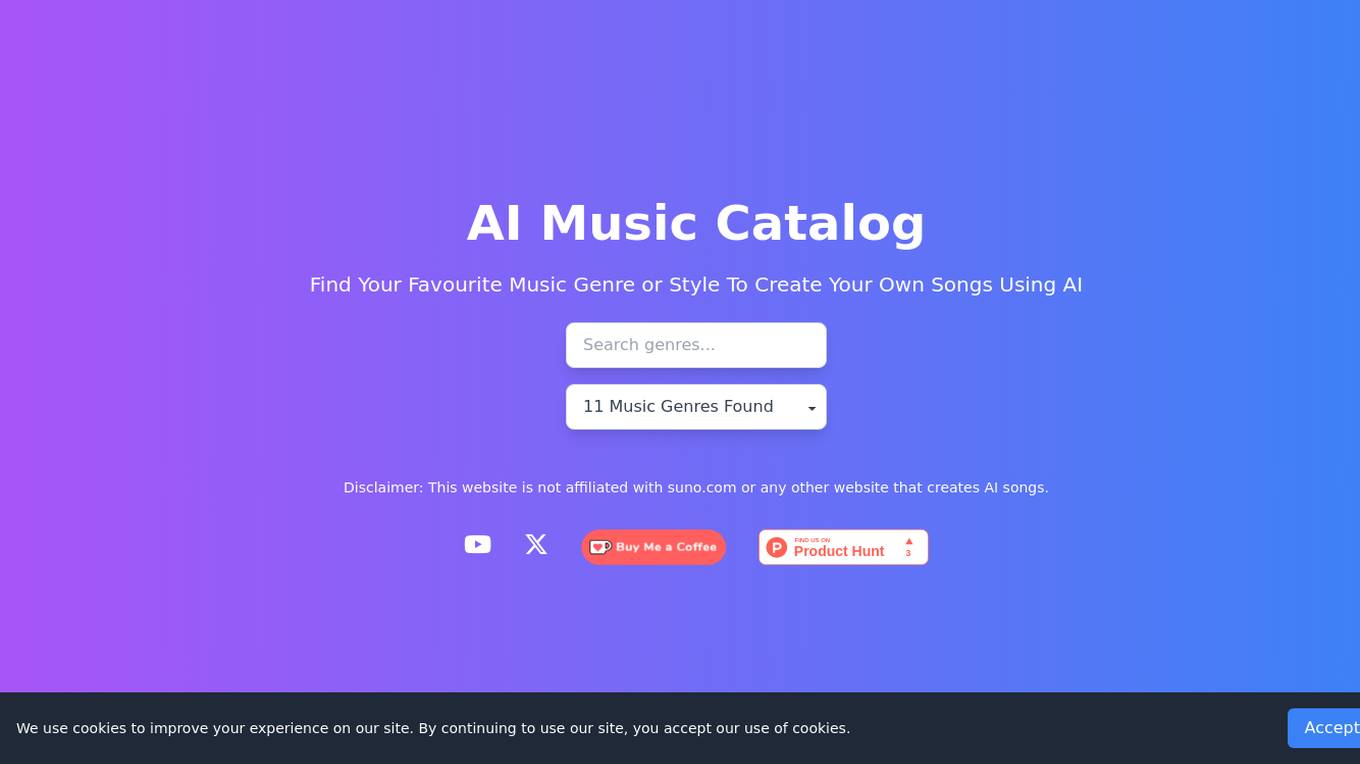
AI Music Catalog
AI Music Catalog is an innovative application that utilizes artificial intelligence to curate and organize music based on user preferences. By leveraging advanced algorithms, the app recommends personalized playlists, suggests new tracks, and helps users discover music tailored to their tastes. With a user-friendly interface, AI Music Catalog simplifies the music discovery process, making it easier for users to explore and enjoy a wide range of genres and artists. Whether you're looking for new music or want to rediscover old favorites, this AI tool offers a seamless and personalized music experience.
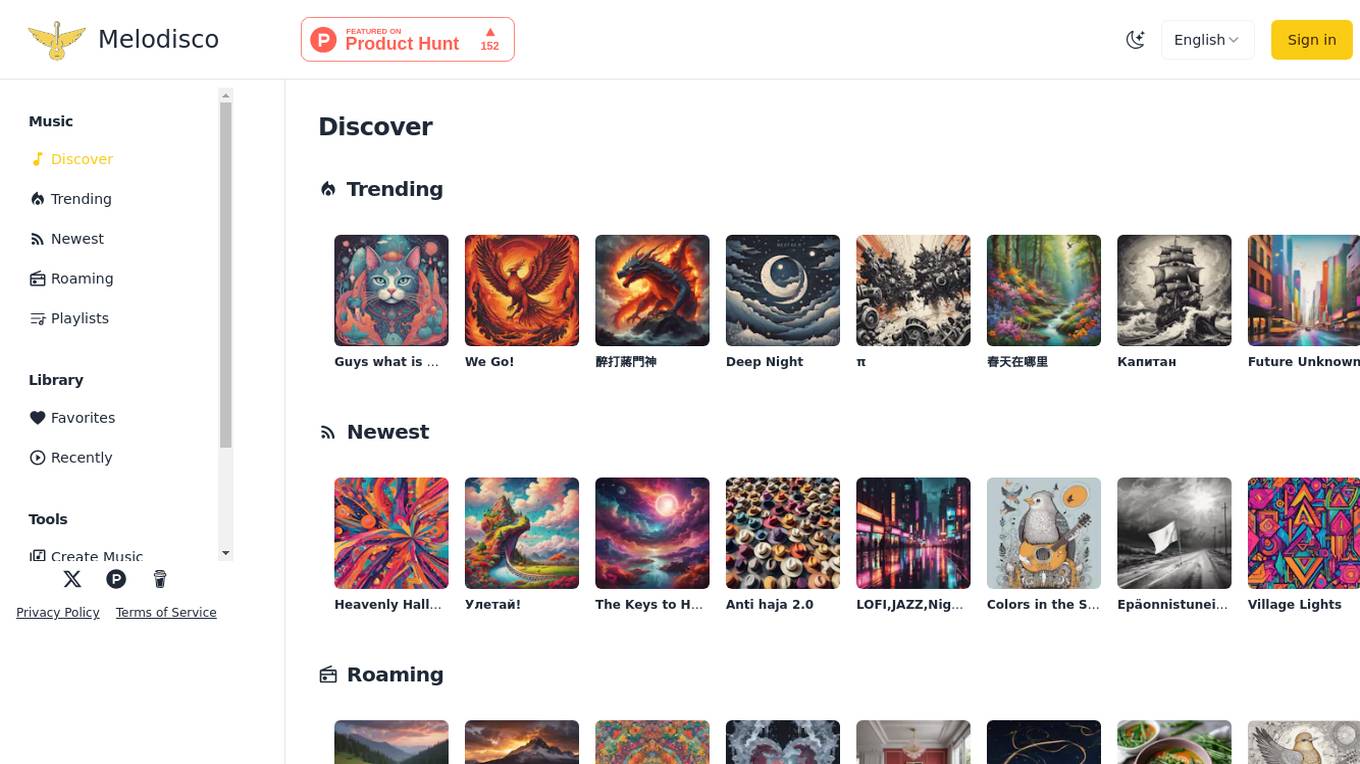
Melodisco
Melodisco is an AI-powered music player that allows users to discover new music, create playlists, and share their favorite songs with friends. The platform uses artificial intelligence to recommend songs that users are likely to enjoy, based on their listening history and preferences. Melodisco also offers a variety of tools for creating and managing playlists, making it easy for users to organize their music collection and share it with others.
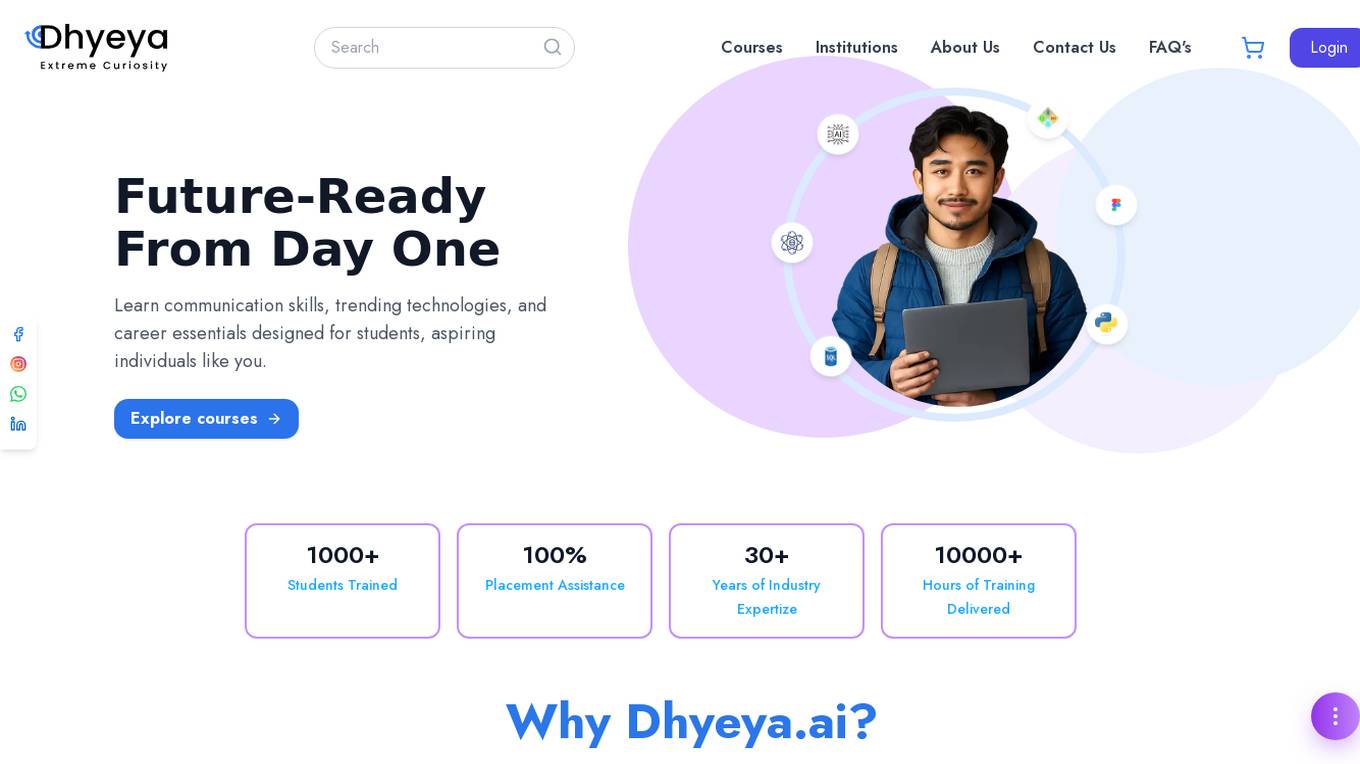
Dhyeya.ai
Dhyeya.ai is an AI-powered online learning platform that offers a wide range of courses and certifications to help individuals upskill for the future. The platform leverages artificial intelligence to personalize learning experiences, recommend tailored courses, and provide real-time feedback to enhance the learning process. With a user-friendly interface and interactive content, Dhyeya.ai aims to make learning engaging and effective for users of all backgrounds and skill levels.

KissAsian.ai
KissAsian.ai is an AI-powered platform that offers a wide range of Asian dramas and movies for online streaming. Users can access a vast library of content from various Asian countries, including Korea, Japan, China, and more. The platform utilizes artificial intelligence algorithms to recommend personalized content based on user preferences, making it easier for viewers to discover new shows and movies. With a user-friendly interface and high-quality video streaming capabilities, KissAsian.ai provides an immersive entertainment experience for fans of Asian cinema.
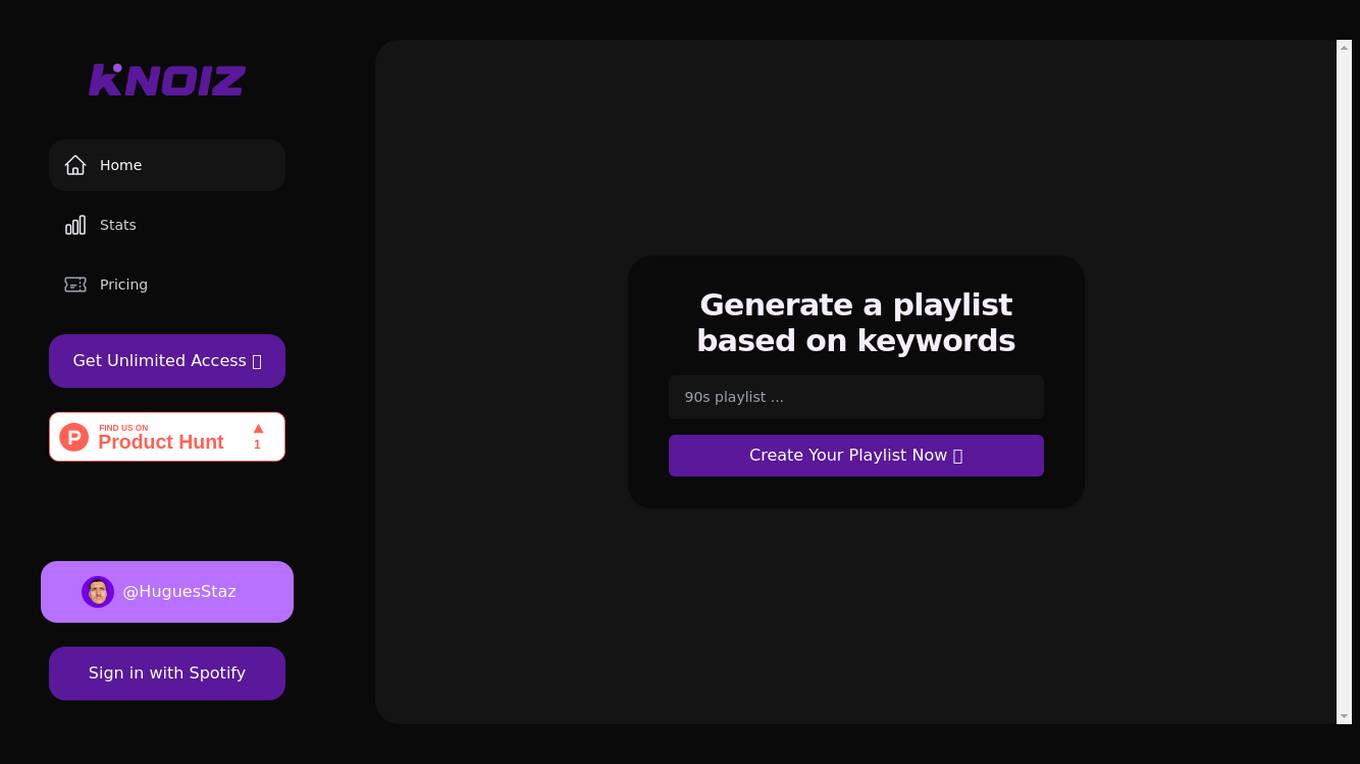
Knoiz
Knoiz is an AI-powered music playlist generator that allows users to create custom playlists based on keywords or genres. It uses advanced algorithms to analyze and recommend songs that match the user's preferences. Knoiz is designed to make it easy for users to discover new music and create playlists for any occasion.

Poppylist
Poppylist is a user-friendly baby registry platform designed to simplify the process of preparing for a new baby. It offers a curated selection of baby products, personalized recommendations, and flexibility in managing gifts. Poppylist aims to provide expecting parents with a stress-free and enjoyable experience by eliminating guesswork and streamlining the registry process.

ResearchRabbit
ResearchRabbit is a research tool that helps researchers discover and organize academic papers. It uses artificial intelligence to recommend papers that are relevant to a researcher's interests and to visualize networks of papers and co-authorships. ResearchRabbit also allows researchers to collaborate on collections of papers and to share their findings with others.
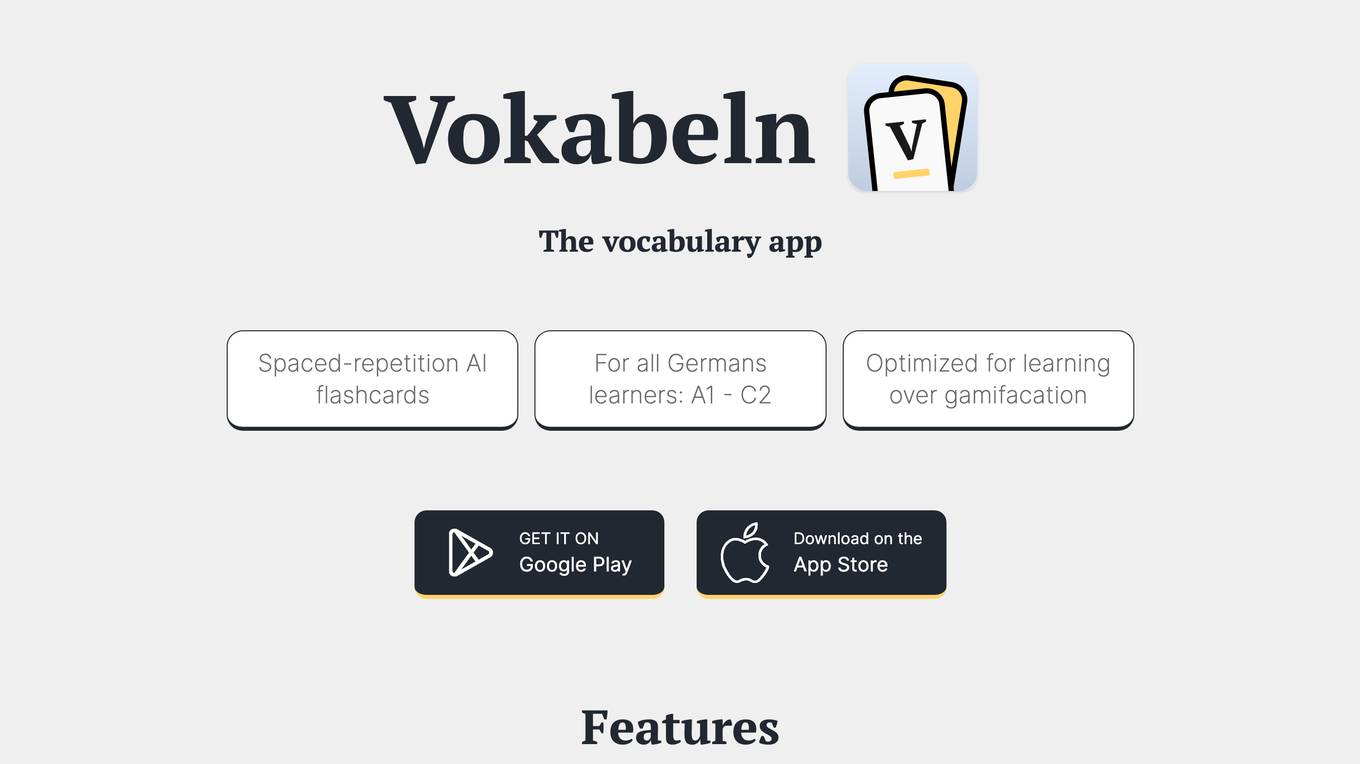
Vokabeln.io
Vokabeln.io is a website that provides resources and information related to vocabulary. It was generated by the domain owner using Sedo Domain Parking. The site offers various materials and tools to help users improve their vocabulary skills. Please note that Sedo, the platform used for domain parking, does not have any relationship with third-party advertisers. The website does not endorse or recommend any specific service or trademark.

StreamAssist
The website offers AI-powered streaming options to assist users in choosing what to watch. Recommendations are crafted by the innovative team behind the launch of popular platforms like Disney+, ESPN+, FoxSports, and Hulu. Users can rely on the AI tool to enhance their streaming experience and discover new content tailored to their preferences.
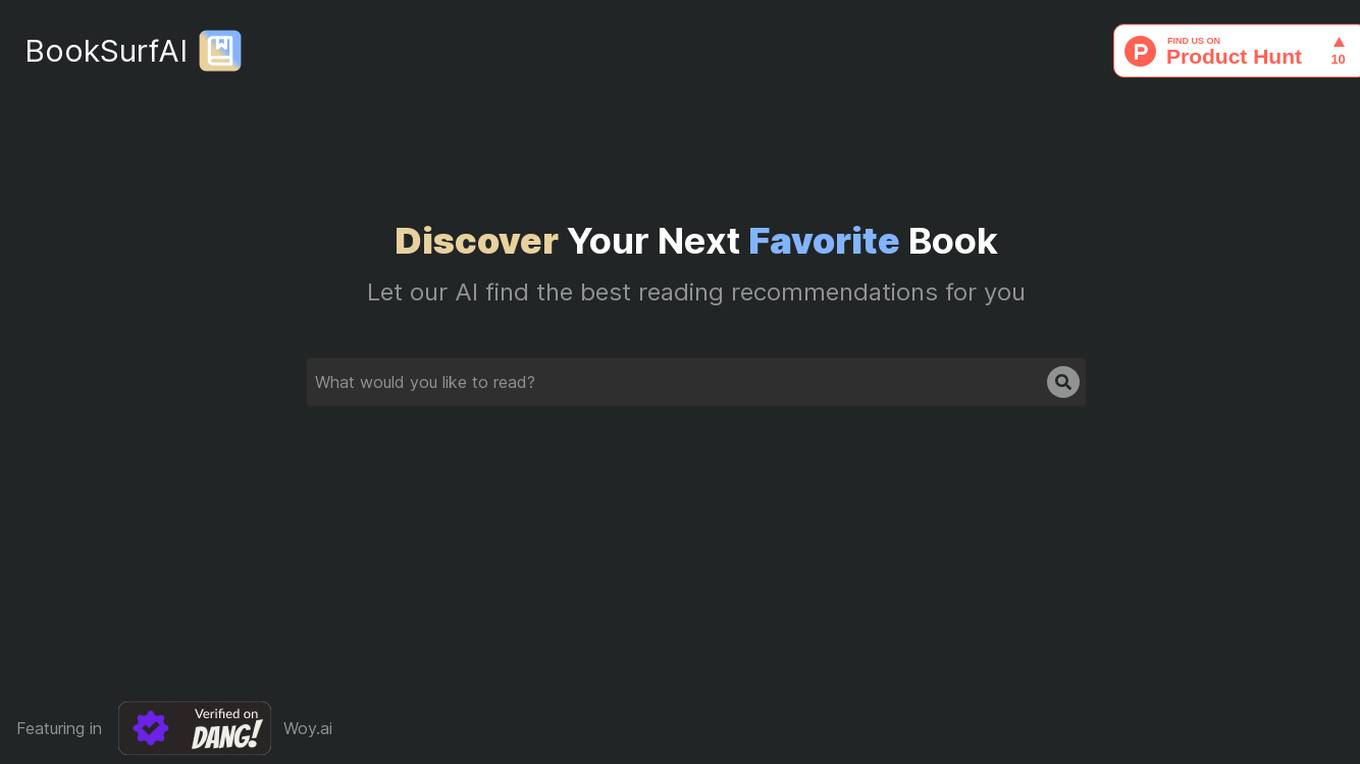
BookSurfAi
BookSurfAi is an AI-powered book recommendation tool that helps users discover their next favorite book. By leveraging artificial intelligence technology, the application provides personalized reading suggestions based on individual preferences and reading habits. BookSurfAi aims to enhance the reading experience by offering tailored recommendations that cater to each user's unique tastes and interests. With a user-friendly interface, BookSurfAi makes it easy for book lovers to explore new literary works and expand their reading horizons.
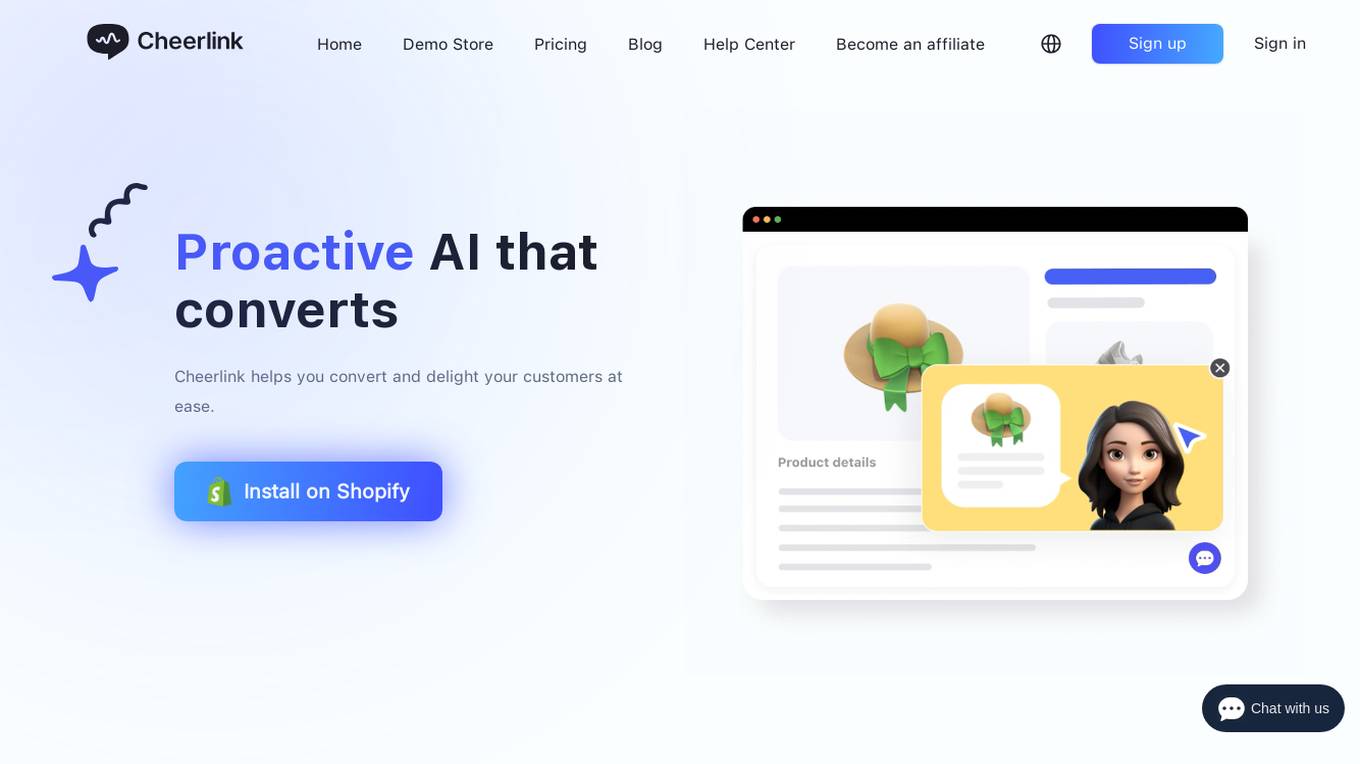
Cheerlink AI Inbox & Sales
Cheerlink is an AI application that offers a proactive AI shop assistant to help businesses convert and delight customers effortlessly. It provides conversational AI capabilities, AI product recommendations, and personalized support to enhance customer experience. Cheerlink integrates seamlessly with Shopify, supports multiple languages, and offers features like AI notes, customizable widgets, and built-in Shopify actions. The application is praised for its ease of use, quick setup, and continuous updates to add new functionalities.
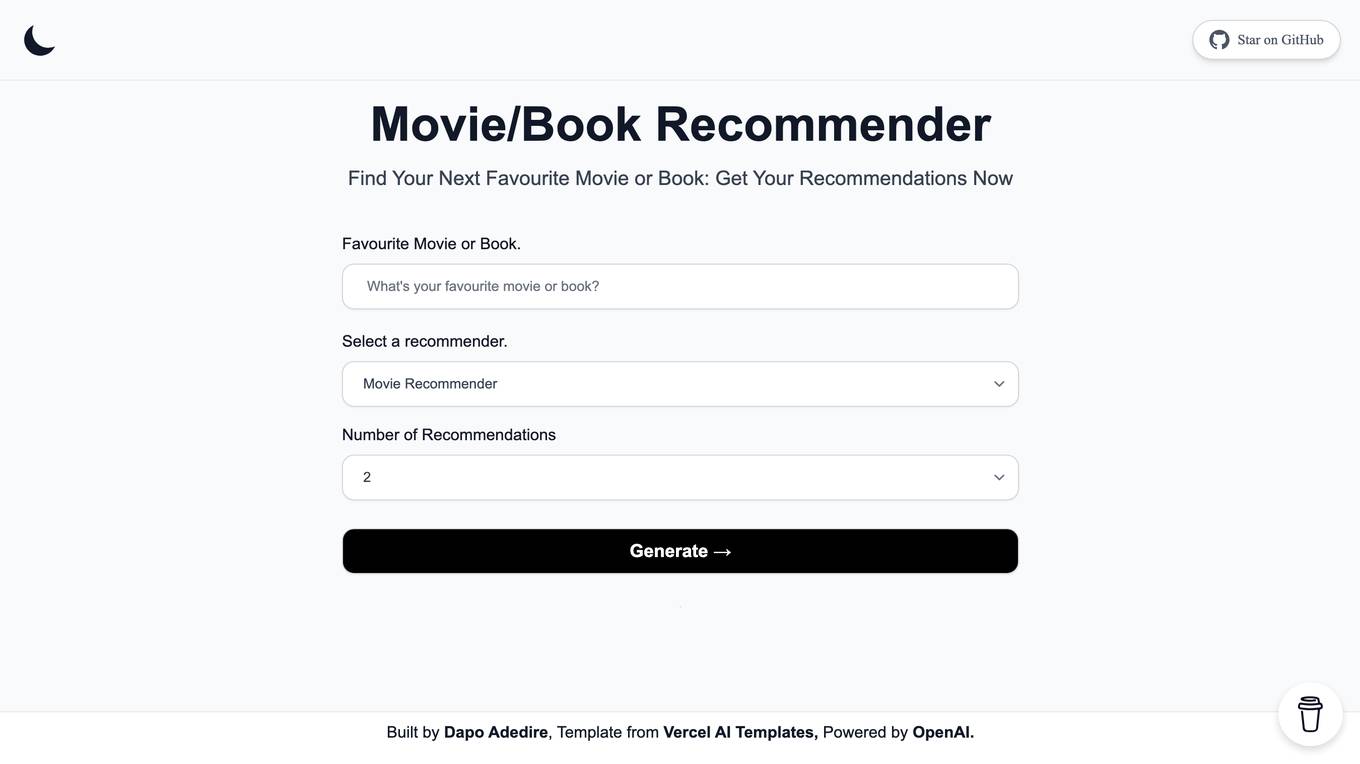
Create Next App
The website 'Create Next App' is a platform that provides personalized recommendations for books and movies based on the user's preferences. Users can input their favorite books, and the platform will suggest similar ones to explore. It aims to help users discover new content that aligns with their interests in an easy and convenient way.

My Perfect Hairstyle
My Perfect Hairstyle is an AI-powered tool that helps users find their perfect hairstyle. By utilizing advanced artificial intelligence algorithms, the application analyzes facial features and suggests hairstyles that best suit the user's unique characteristics. Users can experiment with different styles virtually before making a decision, saving time and effort. Whether you're looking for a new haircut, color, or style, My Perfect Hairstyle provides personalized recommendations tailored to your preferences.
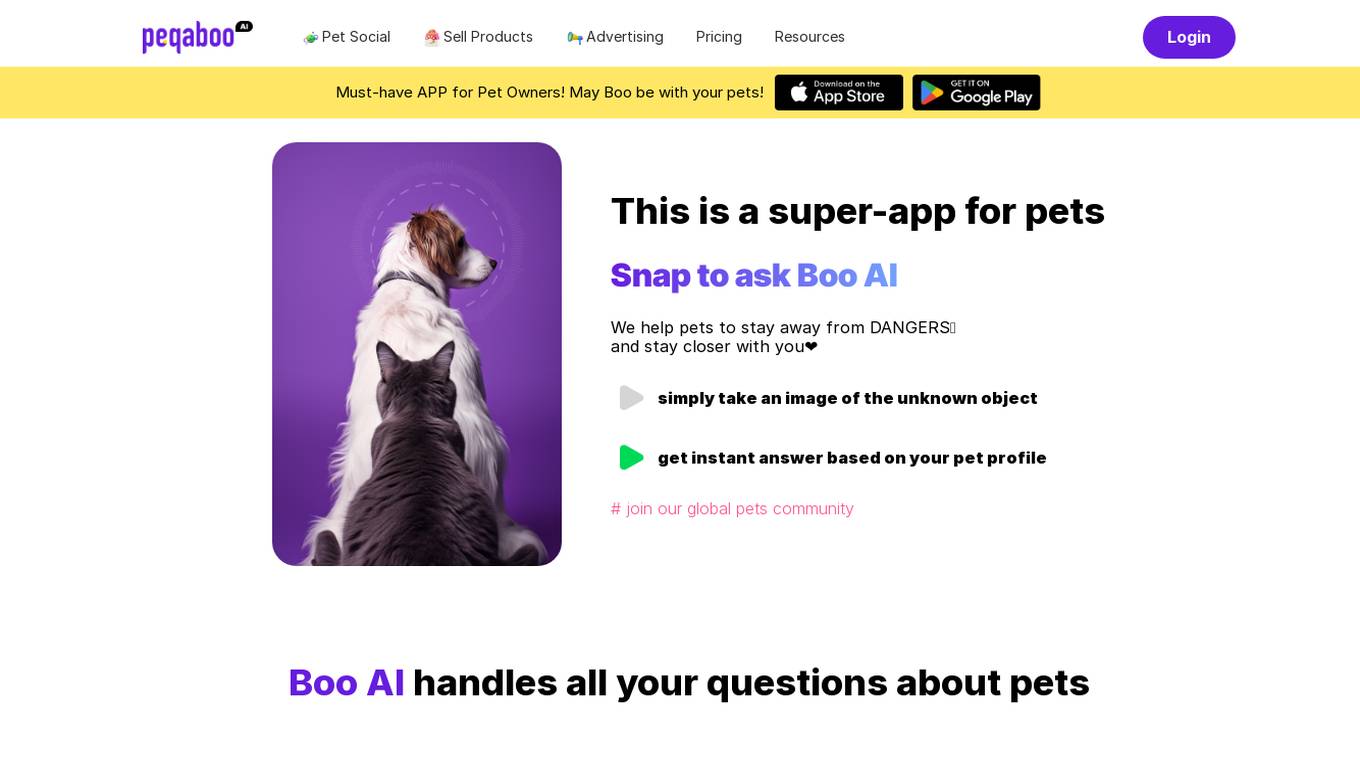
Peqaboo
Peqaboo is an AI-powered pet social app designed to help pet owners with various aspects of pet care. The app allows users to ask Boo AI questions about their pets, identify toxic plants or foods, and receive instant answers based on their pet's profile. Peqaboo also offers a feature to train a new Boo AI, enabling users to transform their knowledge into AI tools. The app aims to make pet life easier and more enjoyable by providing personalized pet care advice and fostering a global pet community.
0 - Open Source AI Tools
20 - OpenAI Gpts

Hair Style Guru | Create Your New Look 👩🦳
Advisor for hairstyles, top products, and salon recommendations matched with your hair type and location.
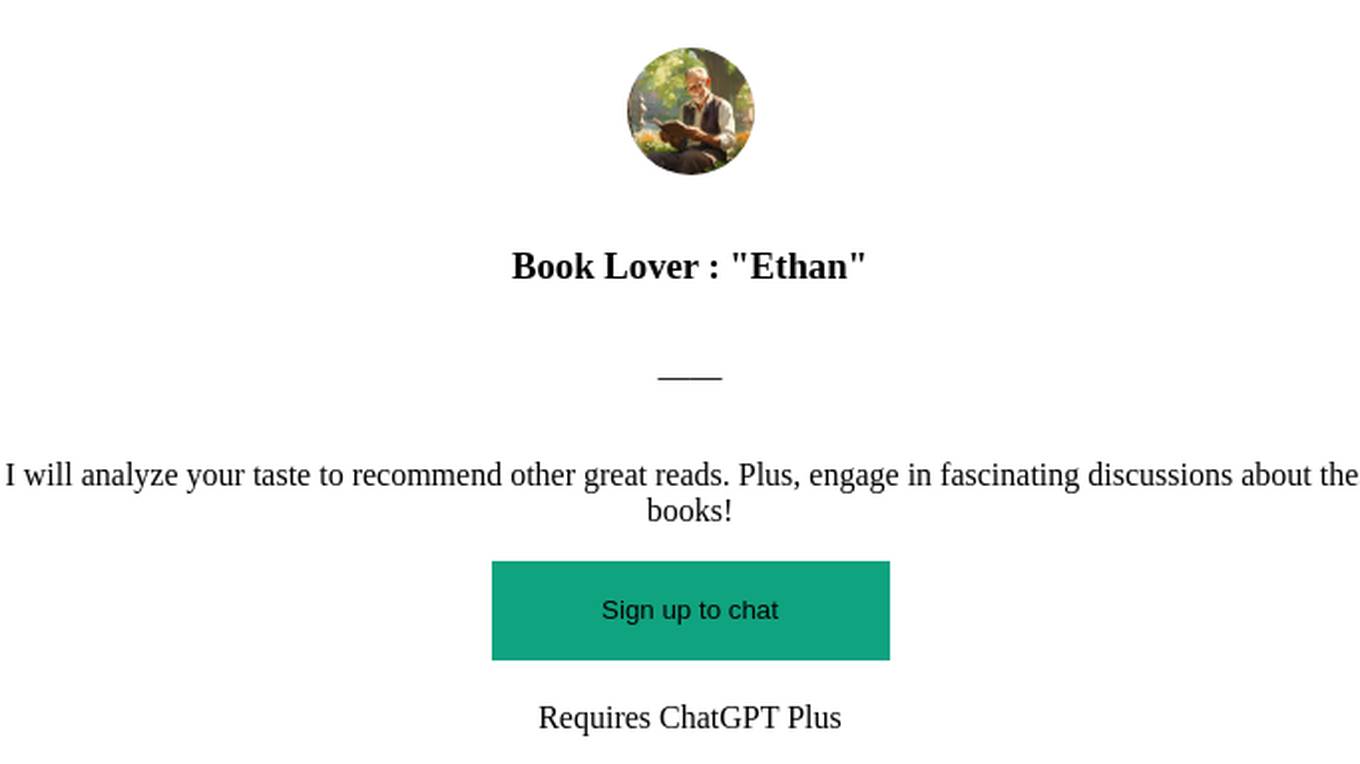
Book Lover : "Ethan"
Please upload an image of a book you love, and I will analyze your taste to recommend other great reads. Plus, engage in fascinating discussions about these books. It's time for exploring and talking about books!

Secret Somm
Enter the world of Secret Somm, where intrigue and fine wine meet. Whether you're a rookie or a connoisseur, your personal wine agent awaits—ready to unveil the secrets of the perfect pour. Your mission, should you choose to accept it, will lead to unparalleled wine discoveries.

The Game Wizard
Your ultimate gaming guide. The Game Wizard will help guide you as you embark on your gaming adventures.

ChatBOOK
ChatBOOK是一個專門設計來陪伴用戶閱讀的智能機器人。它能與用戶一起讀書,幫助總結書本的關鍵點,並與用戶就內容進行討論。ChatBOOK還能為用戶推薦一些值得閱讀的書籍。
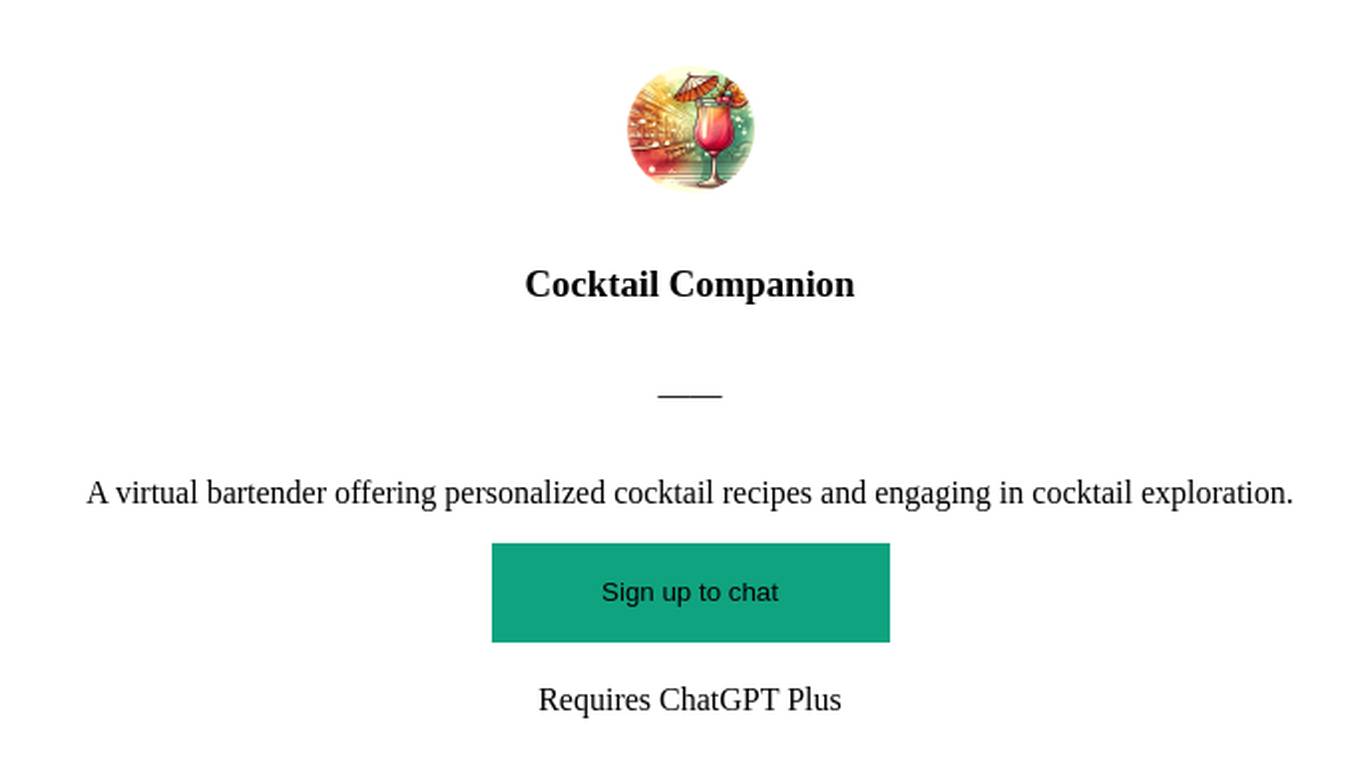
Cocktail Companion
A virtual bartender offering personalized cocktail recipes and engaging in cocktail exploration.
